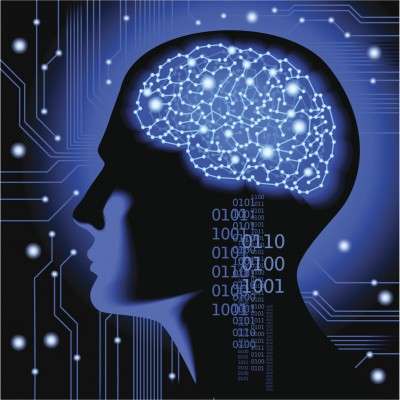Studying artificial 'consciousness' could pave the way for artificial intelligence

Imagine a world where "thinking" robots were able to care for the elderly and people with disabilities. This concept may seem futuristic, but exciting new research into consciousness could pave the way for the creation of intuitive artificial intelligence.
Technology enables the efficient and reliable collection of data, yet it is still not possible to measure or predict how the data will be integrated into artificial systems.
Researchers at Monash University will participate in a project that aims to determine whether robots and computers are capable of consciousness. A Japan Science and Technology (JST) Core Research for Evolutionary Science and Technology grant will fund a group of Japanese researchers, led by Dr Ryota Kanai at Araya Brain Imaging. Associate Professor Nao Tsuchiya, Monash University School of Psychological Sciences, will join the team. The grant will last five years (with a value of approximately $3.4m), supporting the project towards construction of artificial consciousness based on the integrated information theory (IIT).
The grant facilitates the interaction between academics and industrial partners, supporting the international (Australia and Japan) and interdisciplinary (neuroscience, engineering and artificial intelligence) team.
Associate Professor Nao Tsuchiya, School of Psychological Sciences said that while the science of artificial intelligence is maturing, assessing whether robots or computers are capable of consciousness remains a challenge.
"There are no agreed criteria to assess whether artificial intelligence entities are conscious. We are using a mathematical theory, IIT, to assess the level and content of consciousness," Associate Professor Tsuchiya said.
"Our research will initially focus on the quality and quantity of the consciousness of a biological system and evaluate how information is processed and integrated within that system," he added.
The research will look at how the brain integrates information in various states of consciousness, such as during wakefulness, sleep and anaesthesia. Parallel research projects will try to develop artificial networks with high information integration.
The final stage of the research will seek indications of consciousness, examining how a robot with high information integration behaves autonomously and flexibly.
The possibility of consciousness in artificial intelligence has long fascinated neuroscientists and developments in this space could have applications in industry and healthcare sectors.
Provided by Monash University




















